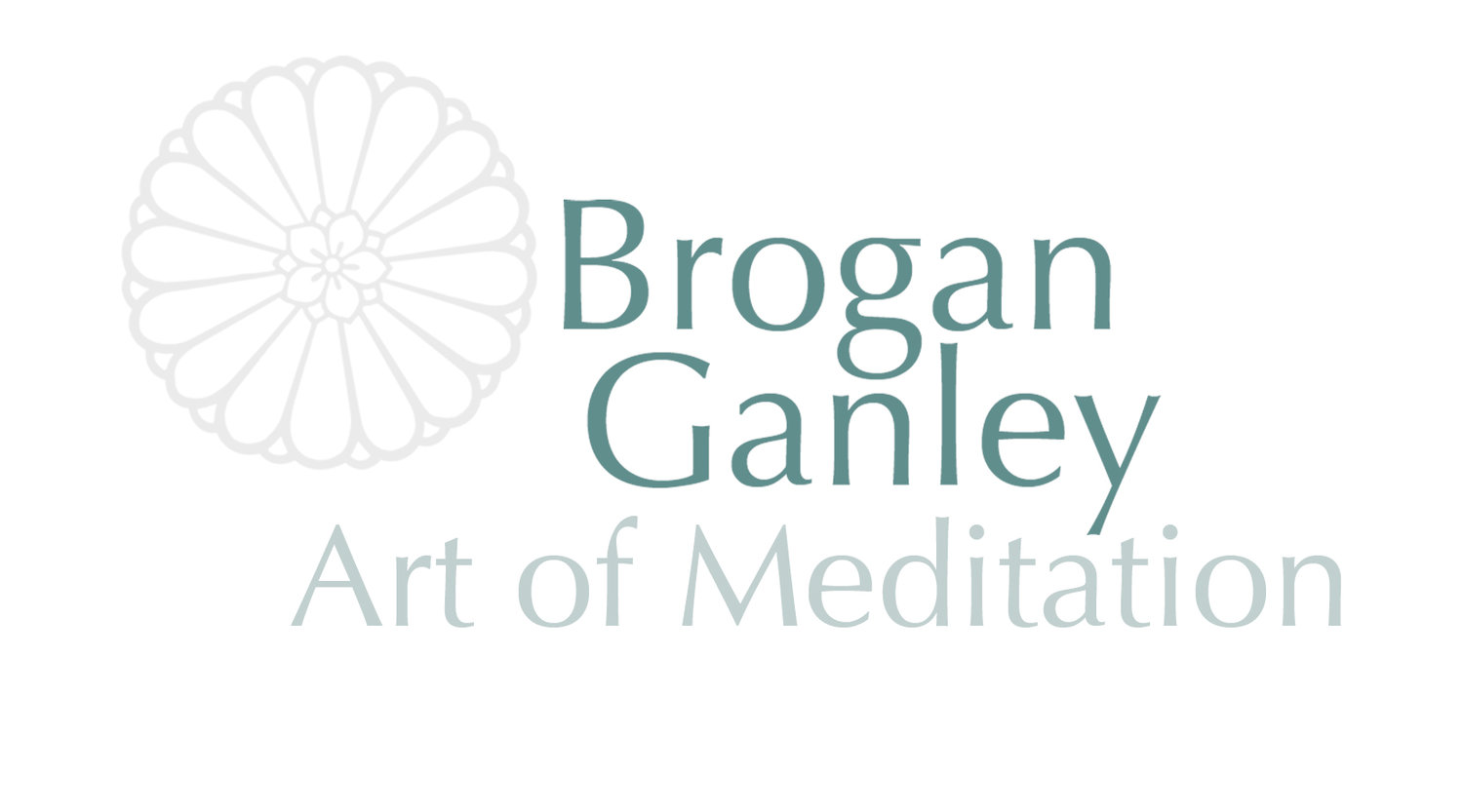Beginners Mind - what is it and how we can apply it every day.
/Photo credit - Brogan Ganley
“In the beginner’s mind there are many possibilities, but in the expert’s there are few.” Suzuki Roshi
As we head towards summer holidays I thought it might be a good time to discuss a wonderful and profound concept from Zen Buddhism called Shoshin – meaning Beginner’s Mind.
The Beginner’s mindset is based on using the approach of a beginner to an activity or situation. It is a very open state of mind.
With our jobs, children, and other roles in life it is sometimes difficult to find a balance. We develop routines and schedules that allow us to function efficiently, however they can also leave us a little tired, in need of invigorations or a freshness in our daily lives. How can we continue to be curious?
Those of us with children have live-in experts to teach us. Children approach even the most mundane of activities with excitement and curiosity. They are open and aware and completely in the present moment. This is a beginner’s mind.
How can we use beginner’s mind in our everyday lives? For example, take the idea of doing the dishes. We may groan at the thought; we may curse whoever left them in the sink; we may feel overwhelmed at the number of everyday tasks we need to do. With a Beginner’s mind, an open and curious mind, the experience is a new one. We are not bringing all that baggage to the sink. We are unburdened and open to feel the sensation of the water, the texture of the dishes, the movement of our bodies as we scrub and wipe. We are fully alert to this ‘new’ experience.
This mindfulness act of Beginner’s mind can bring such relief: we are letting go of stress, expectation, and preconception. We have never been in this moment before and we never will again. We let go of frustration or disappointment and are able to just be in our moment-to-moment experience.
Imagine using Beginner’s mind to take a bath, to eat a meal, or to brush your child’s hair. Small moments become profound and poetic. Small moments are the moments you are in.
Imagine approaching something you usually dread without assumptions, judgment, or preconceptions. How much weight could be taken off you before you even start? We experience less procrastination and less anxiety, we are able let go of a fixed point of view, any particular expectation, free to be curious and open.
As an artist, a Beginner’s mindset was something that came naturally to me, even before I studied it as a Buddhist mindset. When you are in a Life Drawing class every body is new, every detail is different, and you begin anew each time with something you have not seen before.
That mindset is then taken out into the world. One looks at the world with new eyes. A tree is not just a tree. Each structure is different, the bark is different, the shapes of the leaves vary, as does the tree’s connection to the ground. When you observe in this way it is an act of mindfulness. You are in the moment you are in, and it is glorious.
As with the Suzuki Roshi quote above, there are many possibilities with a Beginner’s mind, in contrast to the “I know” mindset, which is one of few possibilities, of closed doors.
This Beginner’s mind can also be taken into your meditation practice. In fact, it can be very helpful. You take your seat with no expectation, no preconceived ideas of how it will “be.”
You begin to pay attention to your body as if you are experiencing sensations for the first time. You observe clearly. As you inhale, be aware of what it feels like to have breath entering your body, then when the breath leaves your body, focus on the sensations of the exhale.
If you notice your mind wanders into the past or the future, see if you can guide your attention back to the moment you are in and the sensation of your breath.
So as we head off into the season of vacations, beaches, lakes, hot city, crazy kids – see if you can take a Beginner’s mind with you … even just a little.


